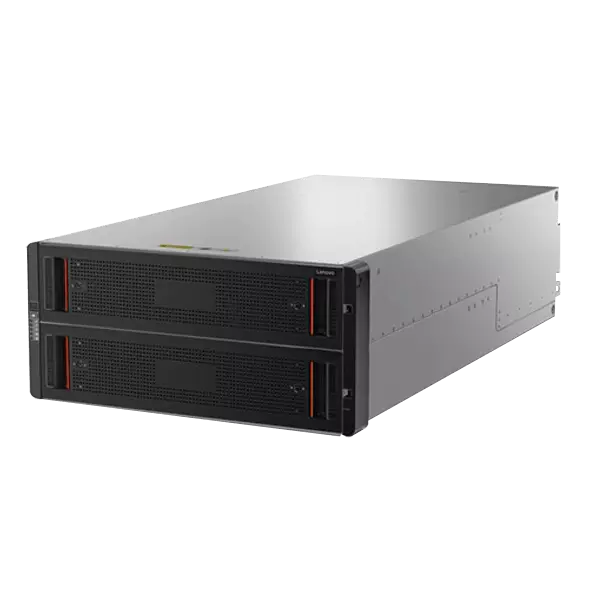POWERFUL DIRECT-ACCESS STORAGE
Ethernet Storage Switches built for scalability, application responsiveness, availability and management for efficient IP clustering.

Available Soon
Pro Tier Benefits
• Save up to an extra 3% on Think everyday pricingPlus Tier Benefits
• Save up to an extra 5% on Think everyday pricingElite Tier Benefits
• Save up to an extra 8% on Think everyday pricingLenovo Pro Business Store
Lenovo Education Store
Lenovo Pro Business Store
Lenovo Education Store
Lenovo Pro Business Store
Lenovo Education Store
Lenovo Pro Business Store
Lenovo Education Store
Lenovo Pro Business Store
Lenovo Education Store
Sign in / Create Account
Keep track of your wishlist, orders, and My Lenovo rewards, all in one place
Access your orders, subscriptions, saved carts, rewards balance, and profile
Create a wishlist of your favorite products
View & track your orders
Register your product and/or update your warranty dates
Sign out
Sign in / Create Account
Keep track of your wishlist, orders, and My Lenovo rewards, all in one place
Access your orders, subscriptions, saved carts, rewards balance, and profile
Create a wishlist of your favorite products
View & track your orders
Register your product and/or update your warranty dates
Sign out
Sign in / Create Account
Keep track of your wishlist, orders, and My Lenovo rewards, all in one place
Access your orders, subscriptions, saved carts, rewards balance, and profile
Create a wishlist of your favorite products
View & track your orders
Register your product and/or update your warranty dates
Sign out
Sign in / Create Account
Keep track of your wishlist, orders, and My Lenovo rewards, all in one place
Access your orders, subscriptions, saved carts, rewards balance, and profile
Create a wishlist of your favorite products
View & track your orders
Register your product and/or update your warranty dates
Sign out
Sign in / Create Account
Keep track of your wishlist, orders, and My Lenovo rewards, all in one place
Access your orders, subscriptions, saved carts, rewards balance, and profile
Create a wishlist of your favorite products
View & track your orders
Register your product and/or update your warranty dates
Sign out
Laptops
Desktops
Workstations
Gaming
Tablets
Monitors
Accessories and Software
Support & Solutions
Warranty Upgrade
PC Services
Data Center Services
Solutions
Support
Offer on Software | Up to 30% off Microsoft 365 Personal with selected laptops. Offer expires 31st July. Shop Now
Join Lenovo Pro for up to 10% Welcome Discount. Call 2593 0388 Join For Free
Join Lenovo Edu and enjoy up to $800 Welcome Discount
Need Help? Call 2593 0388 or Chat with us now! Contact Us
Yoga Slim 7 AI PC | Level up your creativity with next-gen AI experiences on the new Lenovo Yoga Slim 7x. Buy Now
New Arrivals | Explore our latest Yoga, Legion, ThinkPad & IdeaPad range. All New Arrivals
POWERFUL DIRECT-ACCESS STORAGE
Ethernet Storage Switches built for scalability, application responsiveness, availability and management for efficient IP clustering.

0 Matching results
Showing 1 - 0 Of 0 Results

